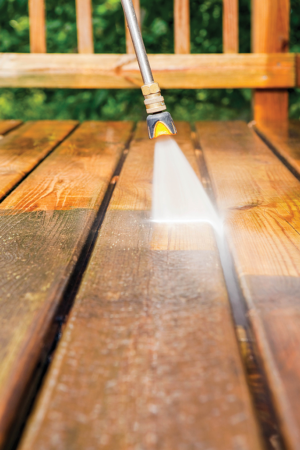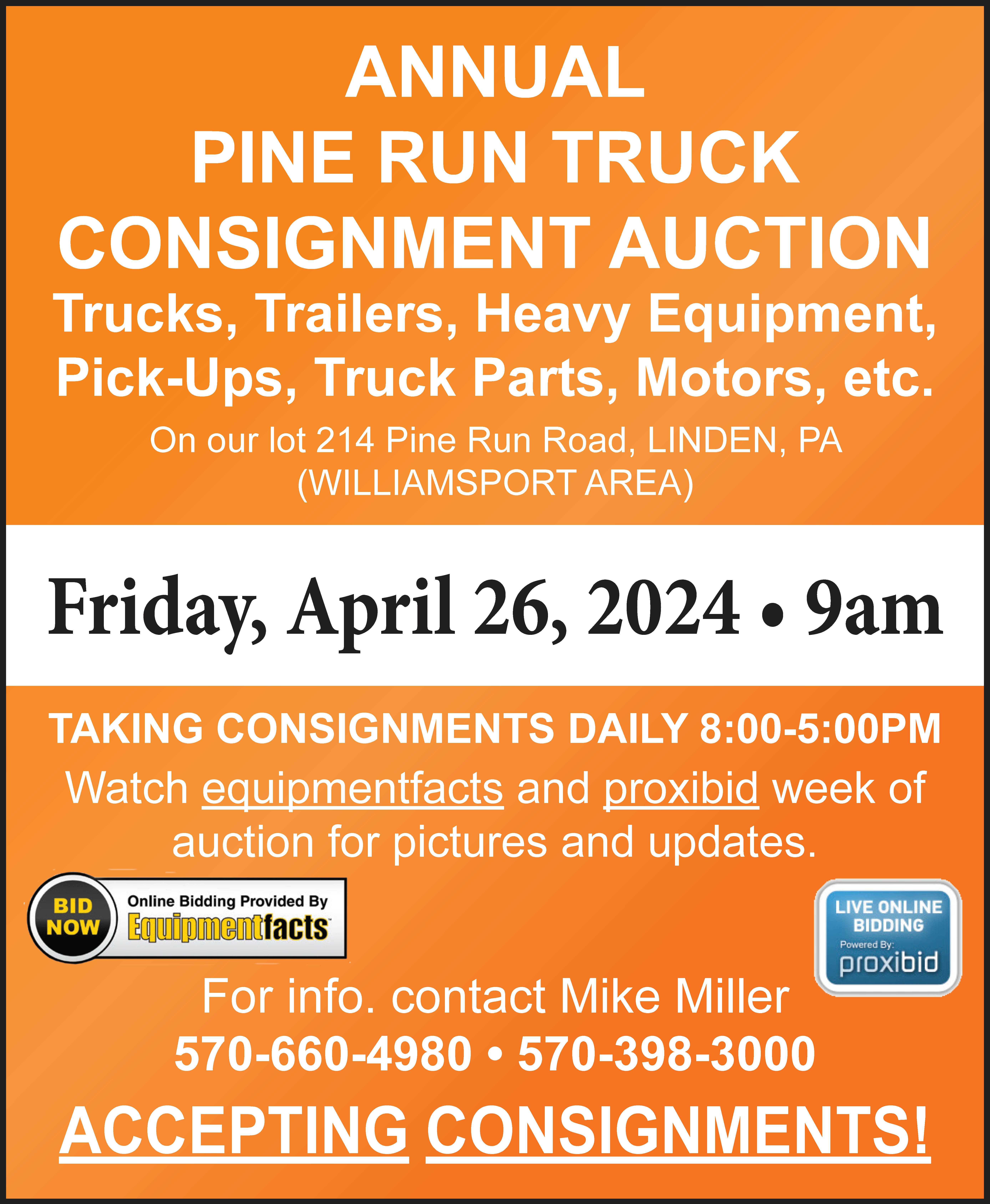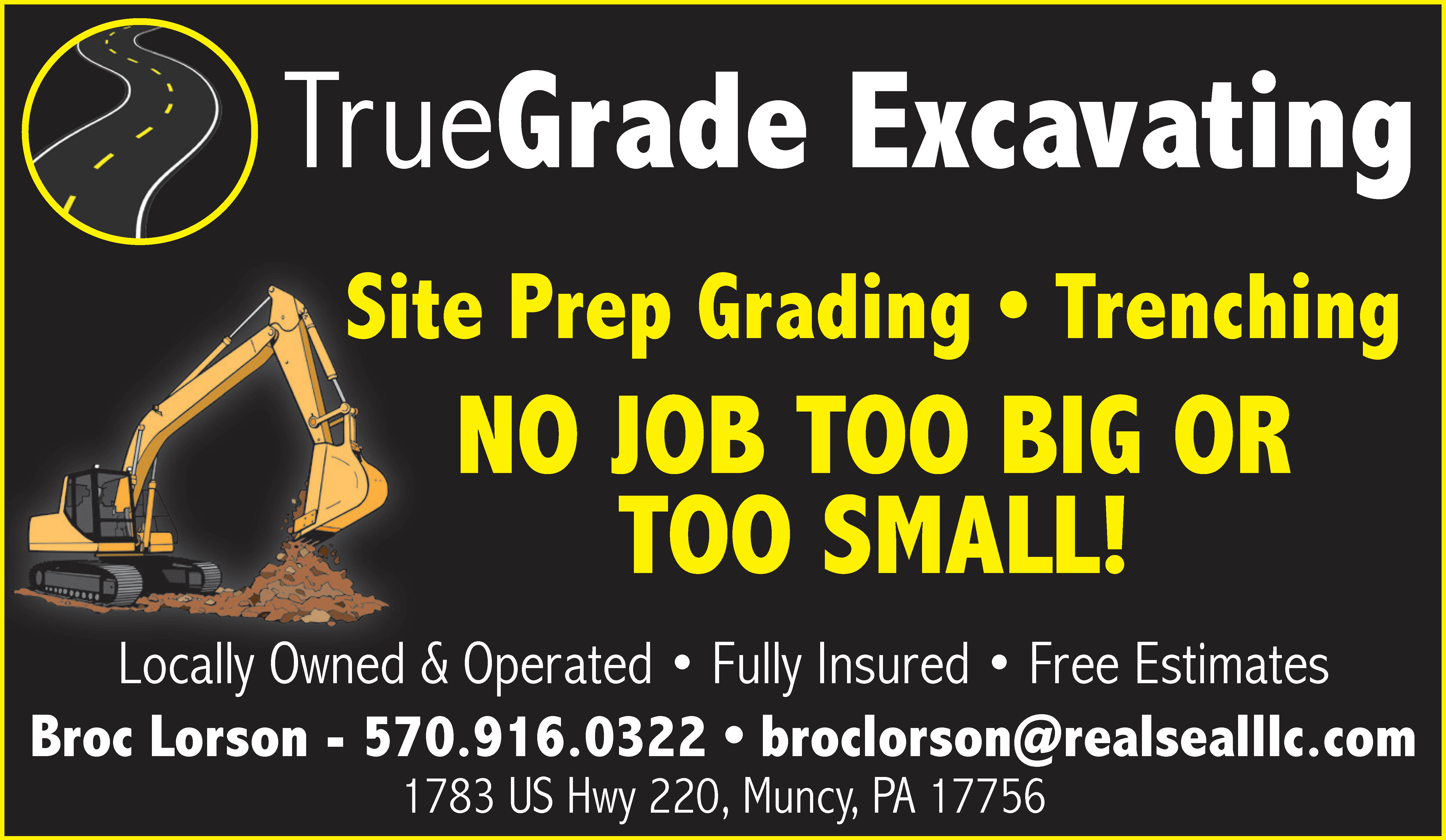Water is essential to cleaning, but it can be an even more powerful asset when there is great force behind it. This is the concept behind pressure washers, which are tools that spray water at high pressure in order to clean an assortment of surfaces.
Pressure washers are typically used to clean siding, farm equipment, industrial machinery, concrete patios, and much more. The power behind pressure washers can cause injury. In fact, the Centers for Disease Control and Prevention says pressure washers can cause of a host of injuries, including:
• The strong spray can cause serious wounds. High-pressured water can cut through flesh.
• The fast, strong spray can strike objects and toss them powerfully into others who are close by.
• Electric shock may occur if the pressure washer is not used properly.
• The force from the washer can knock a person off balance, whether operating the tool on the ground or while on a ladder.
In most cases, injuries due to pressure washer usage are entirely preventable. Those who plan to use pressure washers should always do so with safety in mind.
Here are some precautions to take.
• Identify potential hazards. Identify potential hazards with each different surface before beginning the job. Weather, personal fatigue, slippery surfaces and nearby electrical hazards can increase injury risk.
• Read the manual so you fully understand how to operate the washer. Read the instruction manual and practice using the tool before you put it to use on the task at hand. Learn how to operate the machine and all accessories. Figure out how to shut it off in a hurry. Determine if it is safe to use an extension cord on an electric model.
• Wear protective gear. Closed-toe shoes are a must because the water spray can cause lacerations. Be sure the shoes are non-slip or work boots. Full-length pants and a long-sleeved shirt can protect users from flying debris. Wear eye protection whenever operating the washer. OSHA guidelines recommend a full face shield for water pressure higher than 2,000 psi to avoid eye or head injury. Waterproof gloves also are wise to provide better grip. Ear protection for a gas-powered pressure washer can protect against hearing loss.
• Start off with the widest spray. Pressure washers often include various nozzles or nozzle settings that may range from a 65-degree mist to a zero-degree pinpoint jet. Most people never need to use the most intense jet sprays. Begin washing with the widest angle spray tip, from around two feet away, to test cleaning capabilities, and adjust nozzle and distance as necessary, according to PressureWasher.com
Pressure washers help clean any number of surfaces. Safety must always be the top priority when using these potentially dangerous machines.




